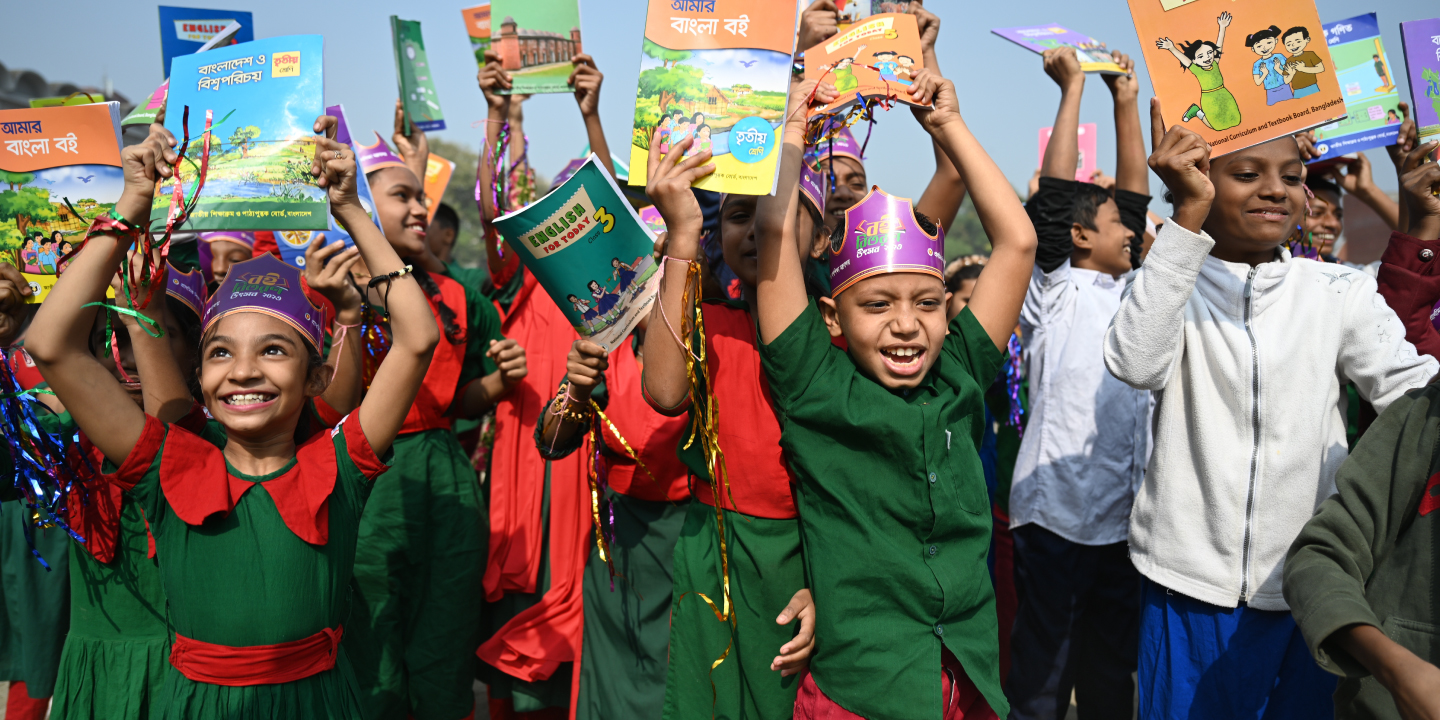
Report shows reading and maths successes and challenges in Bangladesh
ACER news 18 Oct 2023 4 minute readResults from Bangladesh’s first national learning assessment in primary education since the pandemic suggest there have been no widespread learning losses despite severe disruptions to schooling. Significant proportions of students, however, remain below grade level expectations.
The National Student Assessment (NSA) is a large-scale assessment conducted in Bangladesh by the Directorate of Primary Education (DPE) under the Ministry of Primary and Mass Education (MoPME). It tracks Bangladeshi students’ learning in grades 3 and 5 in two foundational subjects – literacy (Bangla) and numeracy (mathematics). It aims to promote quality and equity in education through evidence-based decision-making.
The 2022 NSA cycle was the seventh NSA conducted in Bangladesh by the DPE, in partnership with the United Nations Children’s Fund (UNICEF). The Australian Council for Educational Research (India), in association with its local partner, Associates for Development Services Limited (ADSL), Bangladesh, provided technical assistance to the design, development, administration, analysis, and reporting of NSA 2022.
NSA 2022 was a pen and paper assessment involving 28,752 students from grade 3 and 25,480 students from grade 5 of 1,483 schools across 8 divisions. Along with the student achievement test, a socio-economic background survey was conducted with students, subject teachers and head teachers. The data from the survey were analysed to identify the factors associated with learner performance.
The NSA 2022 report was launched in the National Workshop, Cox’s Bazar for dissemination to stakeholders across the country. It found students’ performance was similar to or better than in the previous NSA cycle in 2017, refuting expectations of learning loss due to COVID-19 school closures and education disruption.
However, almost half of the students in the primary grades cannot read in Bangla at their grade level and two-thirds cannot do basic arithmetic operations. This indicates a persistent learning crisis that deserves policy, programmatic and political attention.
The assessment findings did not show achievement gaps between boys and girls, which is a significant accomplishment in South Asia. However, high achievement gaps remain between students across divisions, districts, school types, and geographical areas.
Dr Priyanka Sharma, Research Director, ACER India highlights targeted policy and attention as the key recommendations to improve student learning in Bangladesh, based on the NSA 2022 learning data. She says: ‘NSA 2022 is of great significance for the Bangladesh education system as this was conducted after a gap of 5 years and also because it is the first national level learning assessment in primary education after the prolonged school closures imposed due to COVID-19 that lasted over 18 months. A slightly higher or comparable learning level as compared to NSA 2017 despite severe disruptions is an indicator of the collective efforts at the system and community levels. At the same time, a huge proportion of students at below grade-level and persistent learning disparities in terms of divisions, school types, and geo locations call for targeted policy and programmatic attention interventions’.
To download and read the full report, visit: https://dpe.portal.gov.bd/sites/default/files/files/dpe.portal.gov.bd/publications/27a08801_1d5d_4e08_8fdb_25a4a693a2f3/NSA-2022%20Final%20Report.pdf